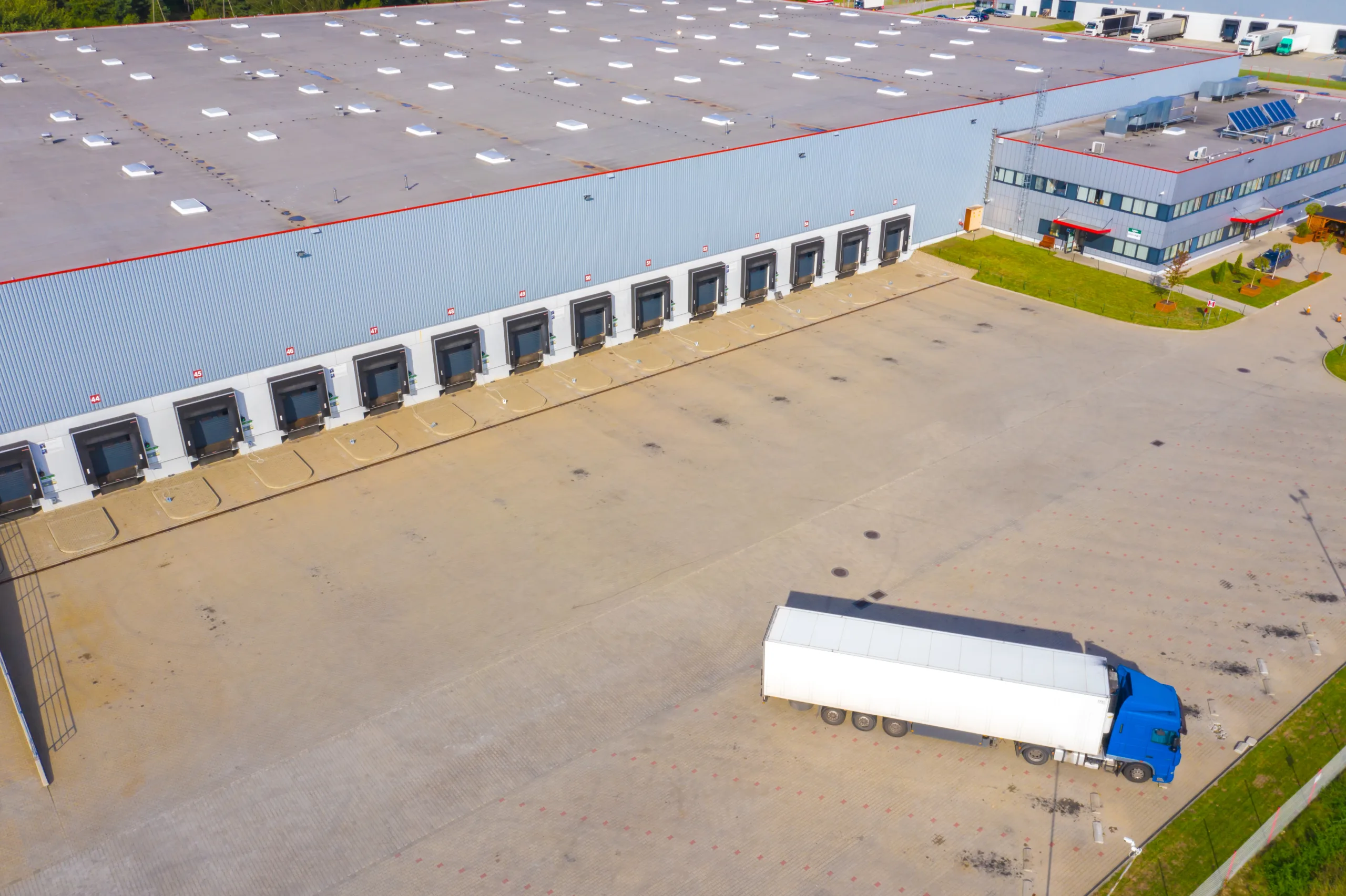- Prologis warehouses facilitated $3.2T in goods throughput in 2024, equivalent to 2.9% of global GDP.
- The company’s operations supported 3.6M jobs globally and contributed $348B in total GDP impact.
- The United States remains Prologis’ largest market, accounting for 60% of its total employment impact and $230B in GDP contribution.
Powering Global Commerce
With 1.3B SF of logistics real estate across 20 countries, Prologis’ warehouses are at the center of global trade. According to the July 2025 report, economic activity within these facilities is significant. It extends far beyond basic storage to include logistics and light manufacturing operations, reports Oxford Economics.
By The Numbers
In 2024 alone, goods valued at $3.2T moved through Prologis-owned warehouses—$2.5M per 1K SF—underscoring the scale of modern logistics. These facilities directly employed over 1.15M workers worldwide and, when accounting for indirect and induced impacts, supported 3.6M jobs globally.
In terms of GDP, Prologis-linked activity contributed $348B across the global economy, alongside $77B in taxes, including income, corporate, and sales taxes.
Get Smarter about what matters in CRE
Stay ahead of trends in commercial real estate with CRE Daily – the free newsletter delivering everything you need to start your day in just 5-minutes
The US Leads The Way
Prologis’ US footprint remains dominant, with 796M SF of space driving $2T in goods throughput. California alone accounted for $465B in throughput, 161,700 direct jobs, and $54B in GDP contribution. Nationally, the US saw a total impact of 1.6M jobs and $43B in tax revenue from Prologis-linked operations.
Other key states included Texas ($31.9B GDP impact), Illinois ($21.3B), and Georgia ($16B).
Growth Across Markets
Since the last report in 2022, global employment in Prologis warehouses rose by 8%, with standout growth in Mexico (+91%) and Canada (+47%). These gains reflect Prologis’ aggressive expansion in fast-growing logistics hubs.
Why It Matters
The report illustrates how logistics infrastructure has become a critical economic engine. By facilitating the movement of goods and supporting complex supply chains, Prologis properties now underpin a measurable slice of national and global economic activity.
As e-commerce and nearshoring trends continue to grow, the role of warehouse operators like Prologis is expected to expand. They are becoming increasingly central to economic resilience and supply chain efficiency.

















